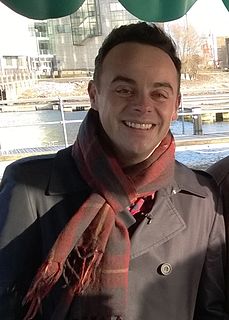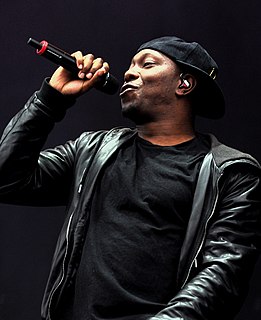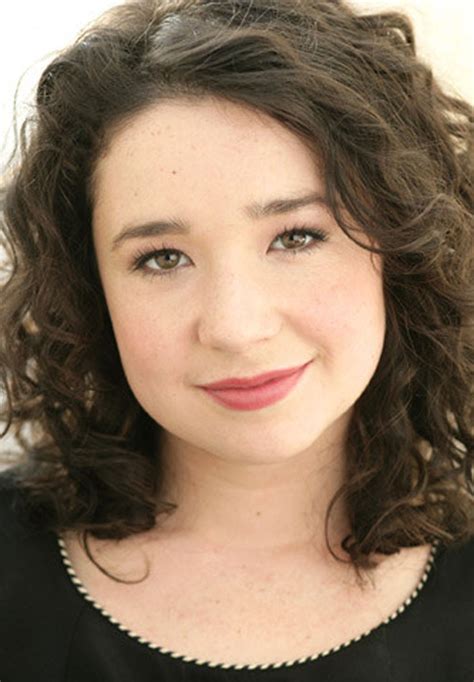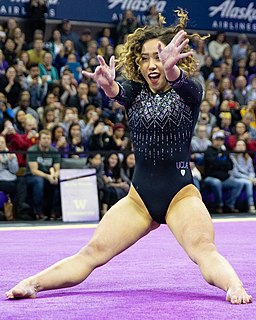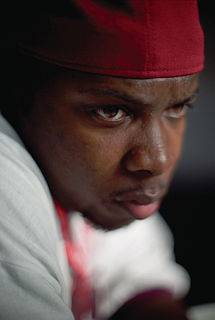A Quote by Ant McPartlin
In L.A. or New York, we don't fit. I think middle America could relate to us a lot, but we've never been given the opportunity to get out there.
Related Quotes
The important thing for me is that I try to understand the culture. Everything I thought I knew about the country was either through TV, music, movies or hopping in and out when I did shows. You can't just get the US through being in Miami, LA and New York. Middle America is the place to understand real America.
Portraying this character [Diwata] has really given me an opportunity to get in touch with that side of myself, which I haven't been for a few years. And I do know what it's like to be different from people around you and not fit into the prototypical mold of what America sort of thinks a girl "should be."
New York was always more expensive than any other place in the United States, but you could live in New York - and by New York, I mean Manhattan. Brooklyn was the borough of grandparents. We didn't live well. We lived in these horrible places. But you could live in New York. And you didn't have to think about money every second.
I think all kids feel that their lives are tough, and that they've, been given an unfair shake for one reason or another. So I think there's a lot of kids who relate to my story. They also relate to the fact that I got out of it. And I tell them that my refuge from all that was books - the library was my safe place. And the art room was my safe place because there I knew what I was doing.
I grew up in a remarkable home, the middle of seven children. My parents raised us well. They loved us well. We laughed hard growing up. But being the middle child, I couldn't figure out where I fit in the home, whether I was the youngest of the older three or the oldest of the younger three. When you don't know where you fit inside the home and you're young and you're desperate to fit in somewhere, I'd figured where I would fit outside the home. So I made some bad decisions about who I hung out with, I dropped out of high school, got kicked out of the house.
Also, when we did "Smallville," we didn't have an opportunity to interact with people who watched the show. And see what they had to say and listen to criticism and listen to praise at the same time. So a lot of this is a new experience and it's very interesting and rewarding for us. I think we get honest feedback. You get hate. You get a lot of love as well. And I'm actually very curious what people think of the show. For us, it's been a passion project of ours, and an incredibly challenging show to make.
I didn't want to be driving to work everyday and sending out my Starbucks order. I didn't want to be in New York or L.A. I wanted to have space and I wanted to be in a remote place where all of us could just be ourselves and not worry about anyone trying to listen in or get in on that. I wanted to just be comfortable. I feel like being in a big city - as much as I find New York, in particular, very inspiring in a lot of ways - can also be claustrophobic.
This is one way that wealthy Americans could really contribute. They could put hundreds of millions of dollars into the infrastructure bank, be a good investment for them, for their children, for their grandchildren, and they would directly contribute to revitalizing a big sector of middle-class wages in America and making our country more productive, so that we could create more opportunity. But I think that we could get a lot of grassroots support from, like, local chambers of commerce and other things if they understood exactly how this infrastructure bank would work.
